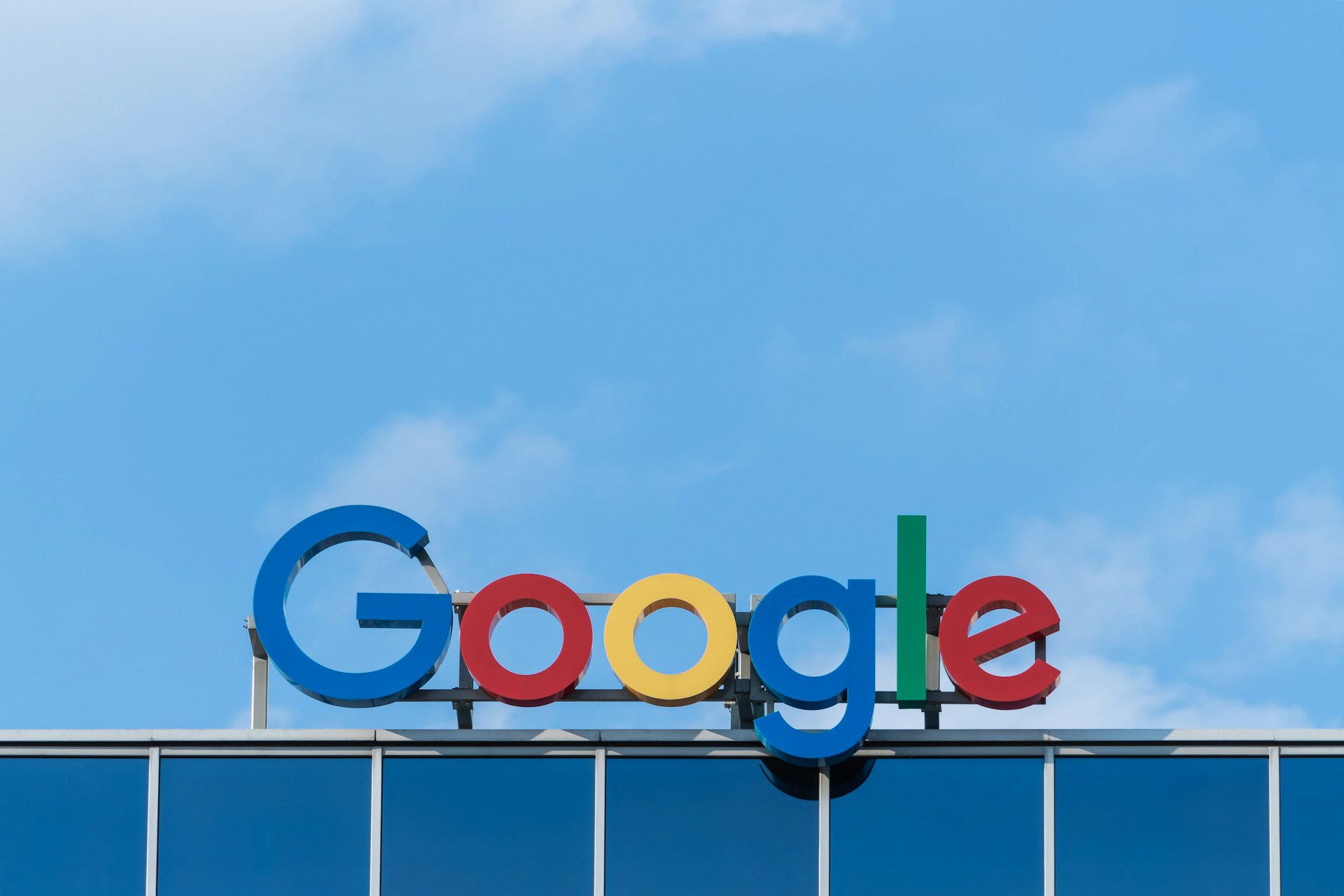
Web3 Startup Watr Aims to Automate Tariff Tracking with Blockchain Platform
Watr, a Web3 startup, claims its blockchain platform can track tariffs automatically, potentially speeding up global trade and reducing fraud.
Alexis Rowe

Tesla is poised to launch its unsupervised robotaxi service in Austin, Texas, by June, according to Elon Musk's announcement during an earnings call on Wednesday. This marks a significant milestone in the development of autonomous vehicle technology, as Tesla aims to pioneer the unsupervised, no-human-in-the-car approach.
Musk emphasized the importance of safety, stating that the company wants to "put a toe in the water, make sure everything's okay, put a few more toes in the water" to ensure the safety of both the general public and those in the car. This cautious approach is crucial, given the complexities and challenges associated with autonomous driving.
Tesla's customers have cumulatively driven over 3 billion miles on Full Self-Driving (Supervised), the company's advanced driver system, as of January. While FSD (Supervised) is a precursor to fully autonomous vehicles, Tesla warns customers that they need to continue paying attention to the road, as the system does not make the vehicle autonomous. The company has also increased its AI training compute by over 400 percent in 2024, demonstrating its commitment to improving autonomous driving capabilities.
A recent video showcased dozens of Model 3 and Model Y vehicles driving "without human intervention" on Tesla's private, enclosed factory roads. Musk revealed that unsupervised Tesla vehicles will soon be operating similarly at its factory in Texas. This development is a significant step towards the company's goal of launching a paid ride-hailing service in California and Texas, pending regulatory approval.
It's worth noting that Tesla's approach to autonomous driving differs significantly from most other companies. The automaker relies solely on cameras to power its vehicle's perception system, eschewing lidar as a redundant sensor. This approach has been criticized for lacking details, and FSD (Supervised) has been shown to struggle with basic perception issues, such as wet roads and sunlight glare. Moreover, there have been instances where FSD has failed to recognize motorcyclists, resulting in tragic consequences.
Despite these challenges, Tesla has been testing a robotaxi service with employees in the Bay Area since last year. The vehicles arrive with safety drivers behind the wheel, ready to intervene in case anything goes wrong. Musk expressed confidence that Tesla will release unsupervised FSD in California and additional parts of the US later this year. The company's sleek Cybercab, unveiled last year, is expected to go into production in 2026.
The launch of Tesla's unsupervised robotaxi service in Austin, Texas, marks a significant milestone in the development of autonomous vehicle technology. As the company continues to push the boundaries of what is possible, it remains to be seen how regulators and the public will respond to this new era of transportation.

Watr, a Web3 startup, claims its blockchain platform can track tariffs automatically, potentially speeding up global trade and reducing fraud.

As global trade tensions rise, African countries with strong currencies are better equipped to navigate economic uncertainty, with Tunisia's dinar ranking as the strongest in April 2025.

In a significant leadership reshuffle, Google has announced a series of changes within its AI division
Copyright © 2024 Starfolk. All rights reserved.